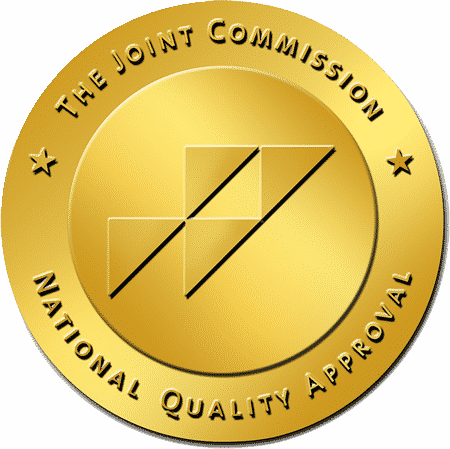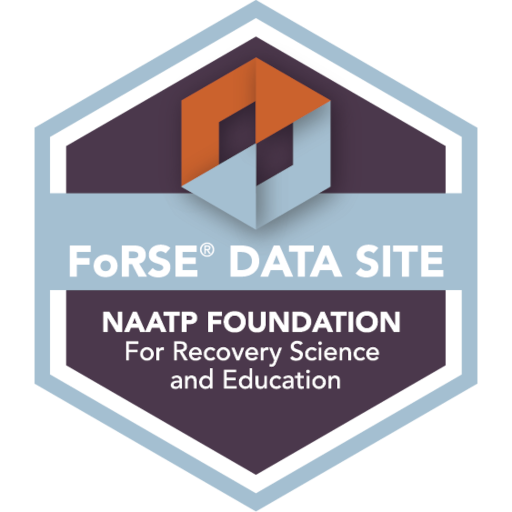Nutrition Specialists
Nutritionist specialists teach individuals or groups about general nutrition, foods, and health. They help people devise and put into practice meal plans that improve their nutrition and well-being.
What is a Certified Nutrition Specialist?

Nutrition professionals who pass the certified nutrition specialist exam administered by the Board for Certification of Nutrition Specialists (BCNS) are certified to practice nutrition therapy and can use the title certified nutrition specialist (CNS).
The exam includes questions to demonstrate that the nutrition specialist has the knowledge and practical experience to become a certified nutrition specialist. Areas of competency include fundamental principles of nutrition, nutrients, and human health, nutrition assessment, clinical intervention and monitoring, public health programs, and practice management.
The BCNS was started in 1993 as an independent organization to provide this certification process for personalized nutrition providers.
Education Requirements for a Nutrition Specialist
In addition to a bachelor’s degree, a nutritionist must hold a master’s degree or doctoral degree in nutrition science or other health education graduate degree.
The graduate degree must be from an ACNPE-accredited college or university or the student must complete 18 credits in graduate-level nutrition courses, six credits in biochemistry, three credits in anatomy/physiology, 12 credits in clinical or life sciences, and two credits in behavioral science.
The student must then complete 1,000 hours of supervised practice experience under the direction of a BCNS-approved nutrition specialist. This supervised practice can be in any of the public health settings that CNS serve.
The process is completed when they pass the certification examination.
To fulfill continuing education requirements for recertification the nutrition specialist must complete 75 continuing education credits every five years.
Where do Certified Nutrition Specialists Work?
Career opportunities for nutrition specialists with advanced degrees exist in hospitals, nursing homes, clinics, outpatient care centers, cafeterias, and with state and local government agencies.
A nutrition specialist may also work as part of a clinical practice or on their own in a private practice.
The U.S. Bureau of Labor Statistics says the median salary for nutrition specialists was $61,650 in 2021. By comparison, the median salary for a registered nurse was $77,600.
The bureau says employment of nutrition specialists will increase 11 percent between 2020 and 2030,
What is a Registered Dietitian?
Registered dietitians (RD) are food experts who have met the dietary science education and professional standards set by the Commission on Dietetic Registration.
To practice dietetics in a state, registered dietitians must also be licensed in that state. For example, the Texas Department of Licensing and Regulation provides state licensure for registered dietitians.
A dietitian license in Texas is valid for two years and may be renewed.
What is a Clinical Nutrition Specialist?

A certified clinical nutritionist evaluates and assesses the nutritional status of patients in a clinic, treatment center, or hospital, screens them for nutritional risk, and plans and begins nutritional therapy if needed.
They also communicate these plans to other medical personnel in the clinical practice, center, or hospital.
Education requirements usually include at least a bachelor’s degree in nutrition, dietetics, or an equivalent field. Certification by an authorized agency and state licensure are also necessary.
Nutrition Education from the USDA

In addition to instruction from a certified nutrition specialist or health educator, people can get information about healthy eating from nutrition education programs provided by the US Department of Agriculture’s website.
These programs include:
- Dietary Guidelines for Americans–a resource updated with the latest research every five years to help Americans eat better and in turn live healthy lifestyles and avoid chronic disease and health issues such as heart disease, diabetes, high blood pressure, and high cholesterol.
- MyPlate–an online tool to help people make better food choices and plan meals.
- Team Nutrition–supports food service programs for children by training and providing technical assistance to personnel, nutrition education to kids and caregivers, and support to schools and community initiatives for better childhood nutrition.
- SNAP-Ed–a grant program for projects aimed at improving the chances that people eligible for Supplemental Nutrition Assistance Program Education will prevent obesity through healthy nutrition, exercise habits, and lifestyle choices.
- WIC Works Resource System–online instruction, training and resources for staff administering the Special Supplemental Nutrition Program for Women, Infants, and Children (WIC).
La Hacienda’s Nutrition and Fitness Services
La Hacienda Treatment Center uses a team approach to meet the physical, mental, emotional, and spiritual needs of patients. Professional assistance from staff in both nutrition and personal fitness are a part of this effort to improve patients’ overall health.
Well-Balanced Meals and Special Diets
Three daily, well-balanced meals are served in La Hacienda’s dining room and special dietary needs are provided for patients upon request.
Well-Balanced Meals and Special Diets
Three daily, well-balanced meals are served in La Hacienda’s dining room and special dietary needs are provided for patients upon request.
Exercise Programs and Therapeutic Activities
The therapeutic activities staff includes certified personal trainers who lead group exercise activities and therapeutic recreational activities, including a Ropes Course.
For more information about nutrition and fitness services at La Hacienda, contact our Admissions Office.
Personal Trainer
A personal trainer creates and provides safe, effective exercise programs for apparently healthy individuals or persons medically cleared to exercise. They collaborate with clients to set goals, enforce safety rules, provide feedback, and oversee achievement of fitness goals
Life Program
A life program is a wellness regime that helps people improve their relationships, careers, and day-to-day lives. Life programs are led by life coaches who help clarify goals, identify the obstacles holding back the client, and then develop strategies for overcoming each obstacle.
Fitness Center
A fitness center provides exercise programs, sports, and related physical activities. It may be operated by a fitness industry with numerous fitness facilities or supported by civic and social organizations, or a healthcare institution. It usually includes exercise equipment and training led by exercise professionals.




